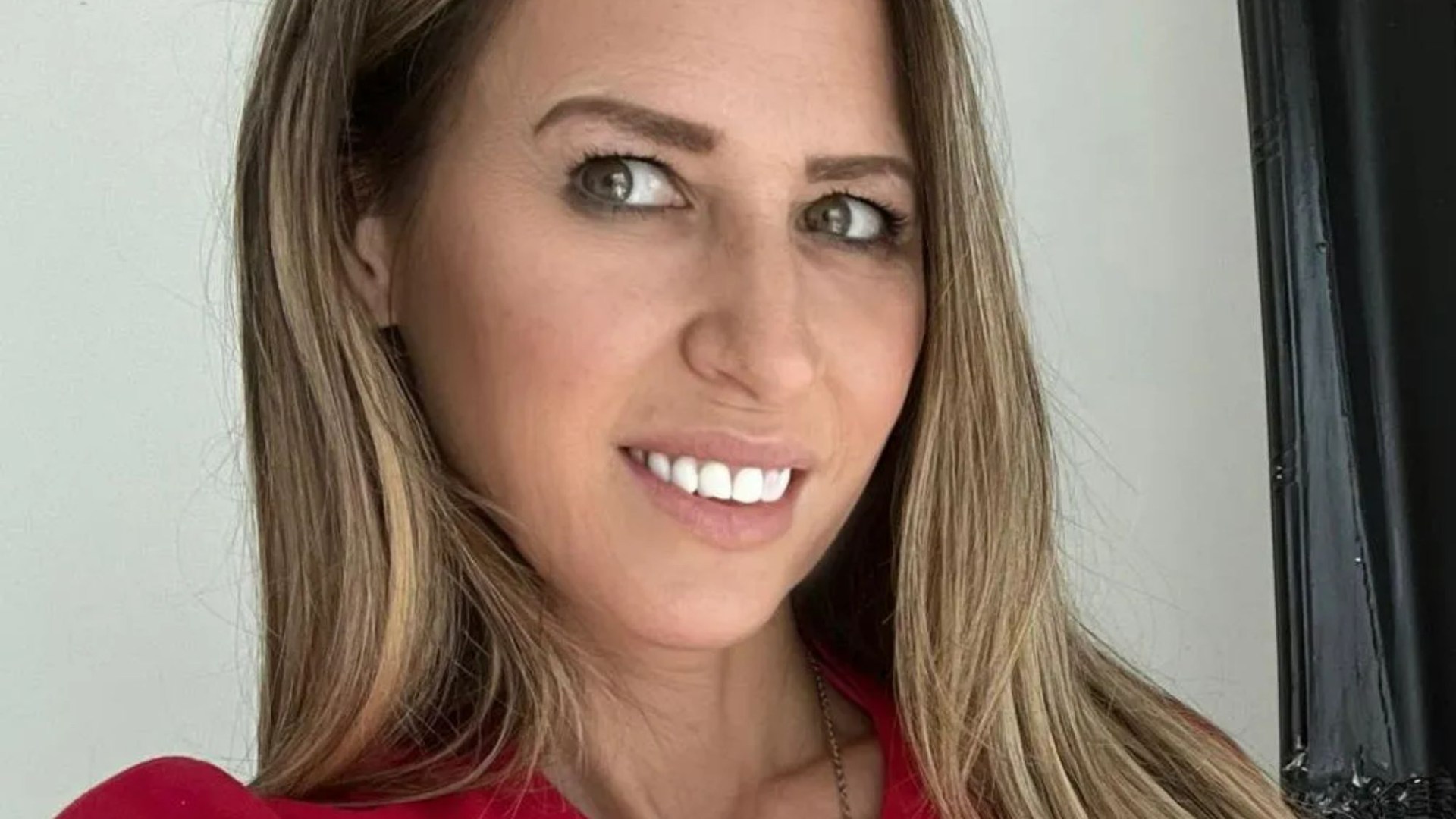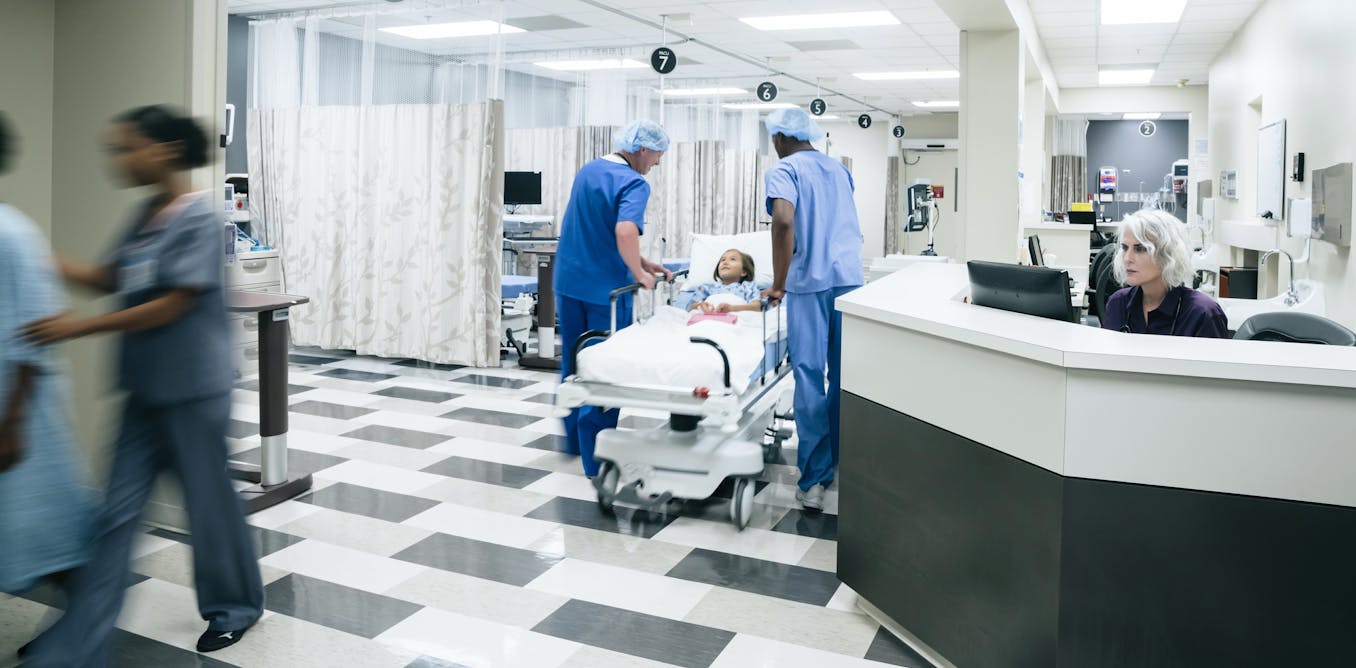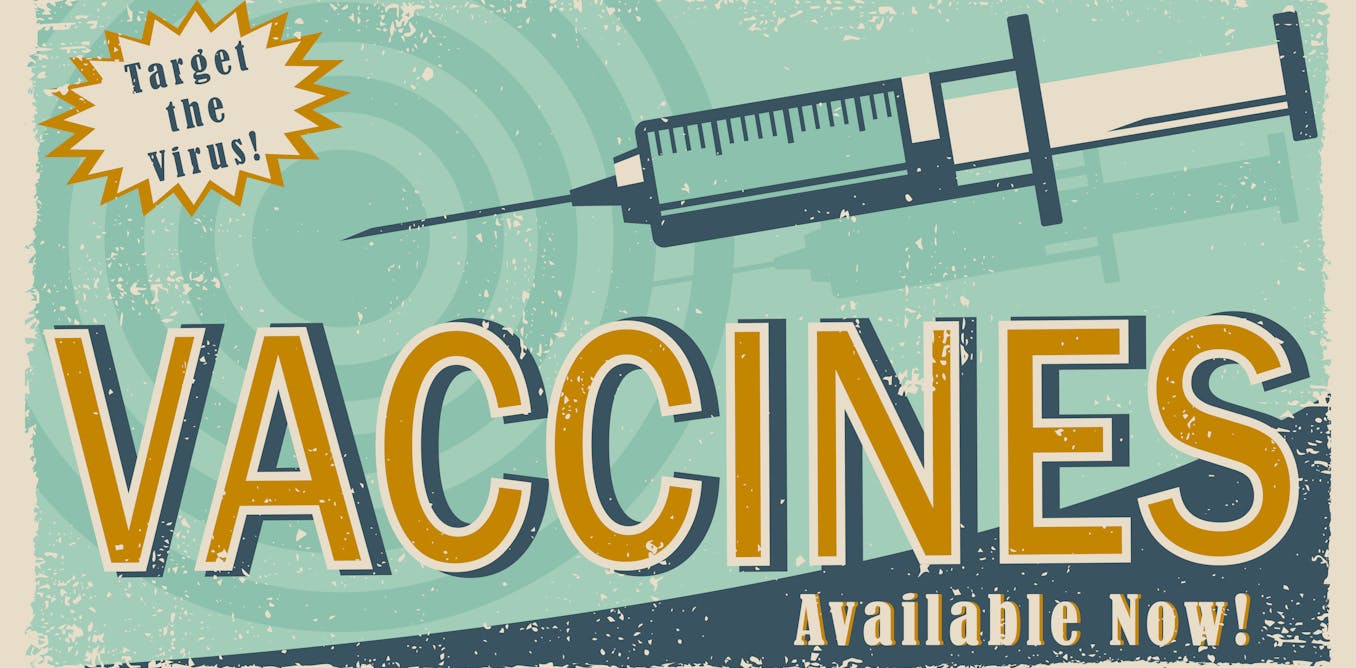A HEALTHY mum who had really bad periods was forced to have six organs removed to save her life.
Hayley Shaw, 44, previously led an active lifestyle but pelvic pain and heavy periods led to the discovery of two cancerous uterine polyps in June 2023.
6

6
“It has been the most traumatic time I’ve ever had in my entire life,” the mum said.
Hayley’s world was turned upside down when she was diagnosed with a rare form of uterine cancer which typically affects women over 70.
“I was getting a lot of pelvic pain and heavy periods,” she explained.
“The ultrasound picked up on two polyps that I was initially told were benign.”
But just six weeks later, Hayley – a former image consultant – was dealt another devastating blow as she was told she had developed leukaemia in her bone and blood cells.
The mother-of-one was then forced to undergo a hysterectomy to remove cancer in her uterus, while she had already endured one round of chemotherapy to tackle her leukaemia.
She was told that the hysterectomy – which involved removing six of her organs – would prevent her from having any more children.
“It’s been very hard. It affects you a lot with brain fog, exhaustion, and sleepless nights,” she said.
Following her hysterectomy, Hayley returned home for a few weeks only to begin feeling unwell again.
“I knew something wasn’t right,” she said.
She was referred to a haematologist, who found abnormal lymphocytes in her blood and diagnosed her with ‘hairy cell leukaemia’ in August 2023 – named after the hair-like growths on the surface of the cells.
It was confirmed that she had 91 per cent leukaemia cells in her bone marrow and 69 per cent in her blood.
By this point, Hayley “hadn’t had time to process the first diagnosis,” she said.
“It didn’t feel real,” she added.

6

6
Hayley – who has an 11-year-old son named Lorenzo – had one round of chemotherapy in November.
She will need to have a further biopsy to establish the growth of cells and whether she needs more chemotherapy.
For her uterine cancer, Hayley needs regular six-month checkups of her bladder to see if the polyps return.
FRIENDS GHOSTING
Throughout her ordeal, Hayley has had to deal with being a single mother and cancer discrimination.
She added: “It’s a massive thing to think about. My son was 10 when I got the diagnosis.
“I tried to hide a lot of it from him initially but he found out and he was quite traumatised about it.
As for the uterine cancer, that could still come back even though I had six organs removed in total
Hayley Shaw
“When I was first diagnosed I had no idea about it.
” I’ve had a lot of support from people all over the world who have had the same condition.
“I felt that I experienced cancer discrimination and cancer ghosting which I experienced from some friends who I considered to be very good friends.
“People just weren’t there for me.”
Hayley’s future treatment will vary on how the cancer reacts to what she has done so far.

6

6
She said: “I’ll be having another biopsy to confirm if the chemo has been successful.
“With this type of leukaemia, you need more chemo at some point, it just depends on when.
“If there are no signs of leukemia cells in the blood or bone marrow I will then have another biopsy in six months.
“If the leukemia cells start creeping up again then I will have the next cycle of chemotherapy.
“For this particular type of leukaemia, they can treat it but it can never be cured. It’s something I have to live with.
“As for the uterine cancer, that could still come back even though I had six organs removed in total.
“I still have to be checked every four to six months as it can come back to the bladder.
“Between November and now I have had to go for checkups for both conditions quite regularly – sometimes three or four times a week. It was really exhausting.”
ADVICE TO OTHER SUFFERERS
Hayley’s message to others is to simply talk to people who have been through similar ordeals.
“When I first got diagnosed with this I was so worried as I hadn’t heard of it,” she said.
“I found a lot of comfort from these people as they had dealt with it for so long.
“They’d become experts on it to the point where they knew more than some doctors did.”
To mark a year of her first diagnosis, Hayley climbed the O2 on June 17 this year to raise money for the Leukemia Care charity.
She said: “It was very good but difficult.
“I came down with a virus the week before so on day of the climb I had a fever and bone pain but I still managed to do it.”
How common is it to have two cancers at the same time?

While it may seem like a rare case of lightning striking twice, it’s not uncommon for a person to get two primary cancers at the same time.
A primary cancer is the first tumour to develop in the body.
These cancer cells from the primary tumour can spread to other parts of the body through the blood and grow elsewhere.
These new tumours are called secondary cancers or metastases.
Estimates suggest that 1 in 20 people with cancer may also have another separate primary cancer.
Some factors that may increase the risk of developing a second primary cancer include:
- Certain types of cancers
- Specific cancer treatments
- Genes that raise your risk
- Lifestyle
- Family history
- Environment
- Use of tobacco products
- Alcohol consumption
Credit: WebMD




